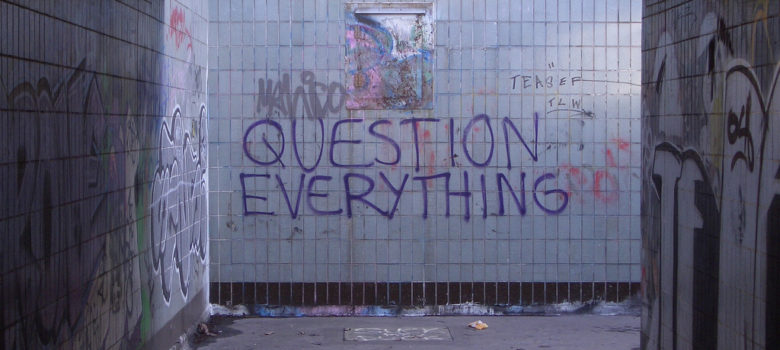The CRTC released four cost awards yesterday arising from the Bell coalition’s proposal for a site blocking system. The Commission rejected the proposal last year on jurisdictional grounds and has now followed up with significant cost awards to public interest groups that participated in the process. The FairPlay coalition challenged the cost awards to OpenMedia and CIPPIC, arguing that its citizen engagement was “deliberately misleading and cannot represent responsible participation in the proceeding.” It also argued that the Public Interest Advocacy Centre’s participation was “irresponsible in nature” since it included arguments questioning the harm of piracy, which FairPlay maintained encouraged the Commission “to disregard the basic tenets of the Copyright Act.”
The CRTC soundly rejected these arguments, ordering the FairPlay coalition to pay over $130,000 in costs as part of four applications (OpenMedia/CIPPIC, PIAC, FRPC, UDC). The Commission’s analysis on the value of the OpenMedia/CIPPIC public campaign is particularly noteworthy given efforts by some commentators to question it:
the Commission considers that their respective public interest mandates and the online engagement campaign demonstrate that they represent the interests of Canadian Internet service subscribers. CIPPIC/OpenMedia have also satisfied the remaining criteria through their participation in the proceeding. In particular, the Commission considers that the online engagement campaign facilitated the broad and direct participation of thousands of Canadians in the proceeding. Importantly, a significant number of those who used the online engagement campaign to submit an intervention to the Commission also customized the text to include their personal views on the proposal put forward by FairPlay. This broad facilitation, as well as the opportunity for an individual response, created a diverse evidentiary record that contributed to a better understanding of the issues before the Commission. While FairPlay may consider certain content of the campaign to be misleading, the overall participation encouraged by the campaign contributed to a better understanding of the issues before the Commission and did not constitute irresponsible participation by CIPPIC/OpenMedia.
Further, the fact that CIPPIC/OpenMedia did not expand on the online engagement campaign evidence in their own intervention does not mean that they participated in the proceeding in an irresponsible way. Additional interpretive analysis of the evidence from the campaign within CIPPIC/OpenMedia’s intervention would have been preferable, both in assisting the Commission in analyzing the numerous individual interventions, and in making the direct link between the campaign and the content of CIPPIC/OpenMedia’s intervention. However, the failure to do so in this case was not irresponsible, and the clear link between the campaign and the content of the intervention on issues such as network neutrality ensured that the entirety of CIPPIC/OpenMedia’s participation contributed to a better understanding of the issues before the Commission.
The CRTC similarly rejected claims that PIAC’s participation was irresponsible:
PIAC’s copyright submissions, although novel, remained relevant and assisted the Commission in developing a better understanding of the matters that were considered. FairPlay’s application itself proposed a novel use of the Telecommunications Act, so the proceeding should have been expected to result in the advancement of unconventional or otherwise innovative arguments by interveners.
The CRTC decisions are welcome, confirming the value of public interest campaigns that encourage the public to participate in proceedings and ensure their voices are heard. While there has been considerable criticism of the Commission in recent months regarding its treatment of civil society, it deserves credit for thoroughly rejecting FairPlay’s attempt to avoid paying the costs associated with responding to its now-defeated proposal.








Hi Michael,
This may seem like a more basic question, but I’m curious if you have any details / views on broader funding of participation. Is it normal for an organization making a proposal before a regulatory commission to have to pay for outreach to consult on the proposal?
P.
OK, I usually have nothing good to say about the crtc because they appear to be in bed with bell and rogers for decades now against the interests of Canadians. In this case where they rejected so called fairplay or website blocking and censorship on Canadian citizens I must give credit, you did us a great service in this case, thank you for standing up to these corporations. Keep your focus on us and not them.
I’m with John on this one, Good job CRTC for caring what the people think and believe.
Pingback: CIPPIC, OpenMedia Praised by CRTC During Web Censorship Debates
Pingback: News of the Week; February 13, 2019 – Communications Law at Allard Hall